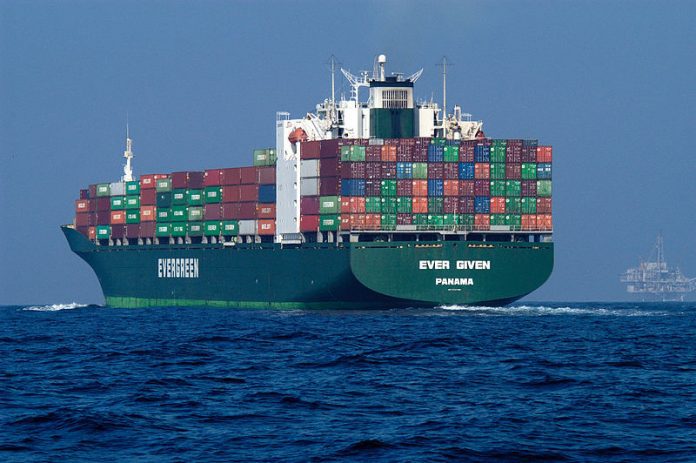News in brief:
â Ukrainian agricultural exports face setbacks in January due to the Red Sea crisis, with Houthi attacks and holiday-related factors causing a slowdown.
â The conflict in the Red Sea and ongoing restrictions from the war with Russia disrupt traditional export routes, leading Ukraine to diversify but still fall short of pre-war export levels.
Ukrainian agricultural exports have hit a snag in January due to the ongoing security crisis in the Red Sea, raising concerns about the countryâs crucial food trade to the rest of the world.
Agriculture Minister Mykola Solsky confirmed the slowdown in a statement to reporters attributing it to a combination of factors including Houthi militia attacks and the holiday season.
Solsky said that there are problems in the Red Sea and part of his countryâs exports still need to go throught the route, especially to China, Asia and African countries. Thus, shippments slowed down.
Meantime, the Houthi rebels, allegedly backed by Iran, have been launching attacks on vessels in the Red Sea since November, disrupting trade between Asia and Europe and prompting alarm among major powers. In response, the United States has recently initiated airstrikes on Houthi targets to curb their maritime aggression.
Again, while the Red Sea slowdown is a significant hurdle, itâs not the only challenge facing Ukrainian agricultural exports. The ongoing war with Russia continues to restrict access to the countryâs Black Sea ports, traditionally the primary route for grain shipments. Prior to the invasion, Ukraine exported roughly 6 million tons of food per month through the Black Sea, a report said.
To compensate for these disruptions, Ukraine has diversified its export routes, relying on the Black Sea Corridor, the Danube River Ports, and land routes to move produce to international markets. The land routes are also a problem as neighbouring countries, trying to protect local producers, are applying restrictions. In cases where the government do not act, farmers take to the roads to protest and even block shared borders.
However, despite these efforts, its Decemberâs record high of 4.8 million metric tons of food exports remains below pre-war levels. The Ukrainian government remains optimistic about regaining full control of its Black Sea ports, viewing it as crucial for both economic recovery and securing vital imports.



